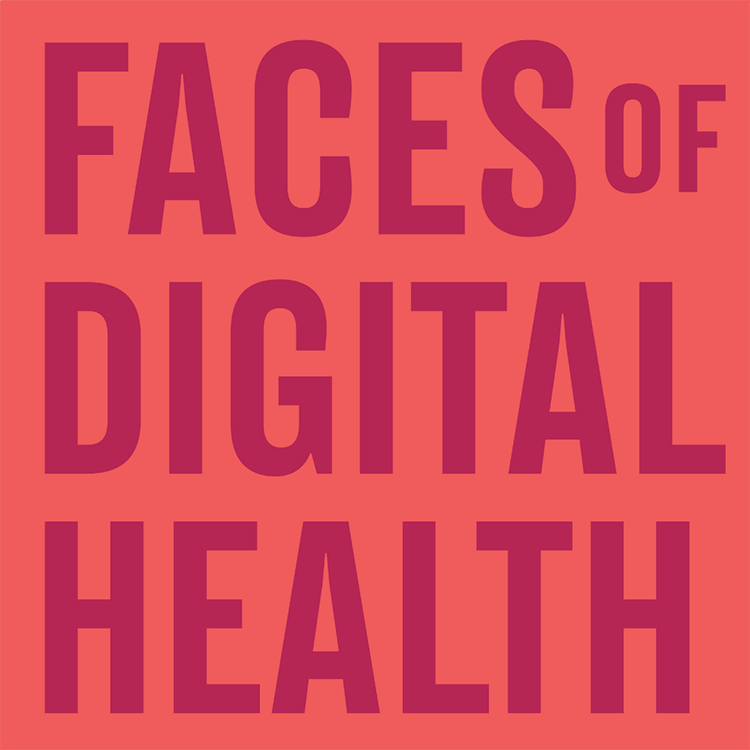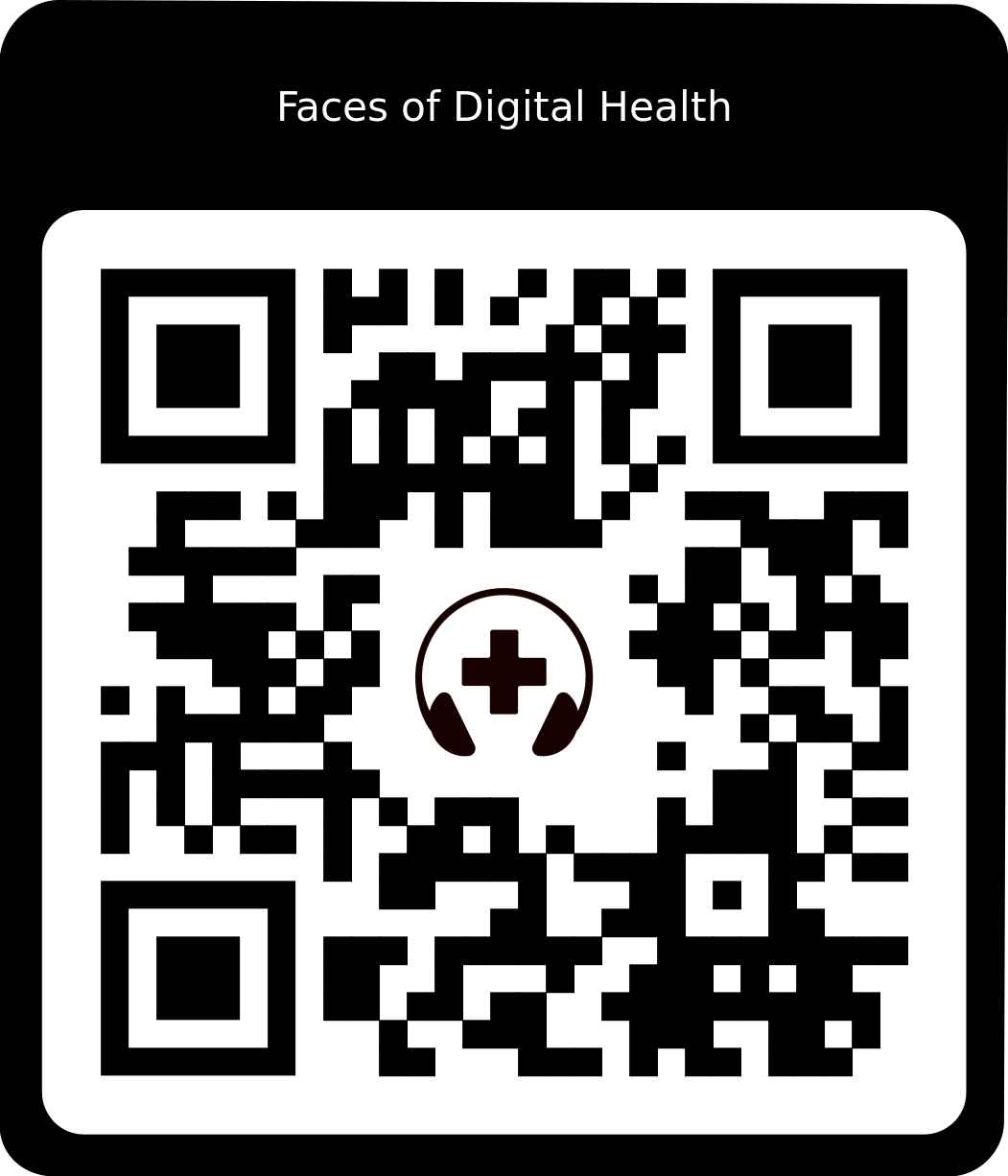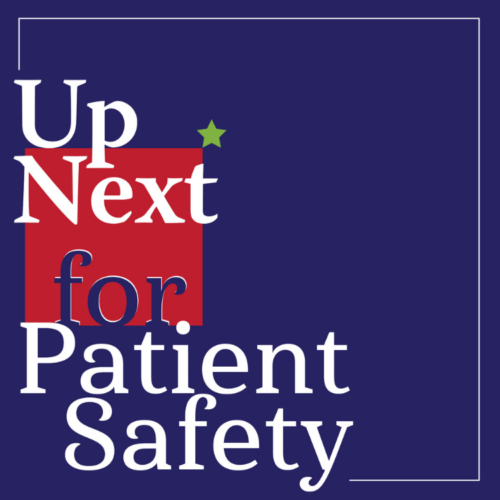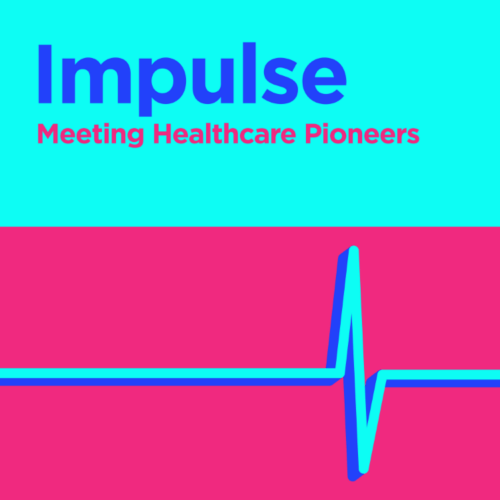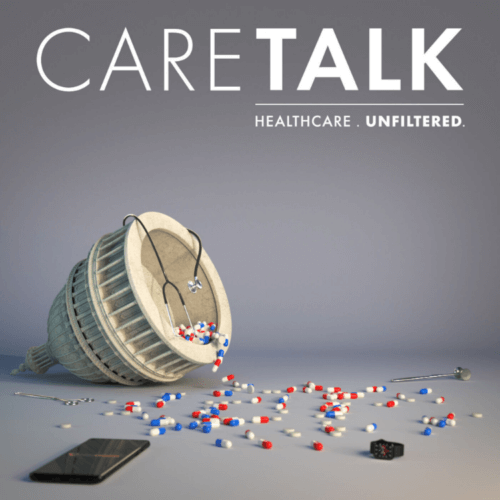Why Patient Safety is Like Global Warming (Abdulelah Alhawsawi)
According to WHO the occurrence of adverse events due to unsafe care is likely one of the 10 leading causes of death and disability in the world.
Patient harm is caused by several healthcare issues.
Healthcare-associated infections occur in 7 and 10 out of every 100 hospitalized patients in high-income countries and low- and middle-income countries respectively (11). Unsafe surgical care procedures cause complications in up to 25% of patients. Patient harm is caused by unsafe injections practices in health care settings, unsafe transfusion practices, diagnostic errors, radiation errors, sepsis is frequently not diagnosed early enough, Venous thromboembolism (blood clots) is one of the most common and preventable causes of patient harm. On top of the list are medication errors. Medication errors are a leading cause of injury and avoidable harm in health care systems: globally, the cost associated with medication errors has been estimated at US$ 42 billion annually.
Abdulelah Alhawsawi is the Ex – founding Director-General of the Saudi Patient Safety Center (SPSC), and MOH Advisor on Patient Safety. He is a consultant to several national and international quality and safety organizations. has helped introduce Patient Safety as a G20 priority in the 2020 G20 of Saudi Arabia. Currently, Dr. Alhawsawi is part of the WHO’s Global Patient Safety Action Plan Taskforce. He has been trying to help improve patient safety throughout his career. As he says if patient safety becomes a priority as is safety in other industries, we can improve healthcare. At the moment, however, we still lack leadership and advocacy in this field.
In this discussion you will hear an overview of factors obstructing patient safety improvement efforts and why, the secret to improve patient safety according to dr. Alhawsawi is better involved and empowered of patients in care planning and treatment execution.
This discussion was part of the discussion of the movie (OVER)DOSE – How can we prevent medication errors. See the movie and interviews with all the speakers: https://www.facesofdigitalhealth.com/overdose-documentary
Browse through other episodes as well: www.facesofdigitalhealth.com.
US clinicians – earn CME credits: https://earnc.me/xfet5F All the future episodes of Faces of digital health will have links for earning CME credits.
Leave a rating or a review: https://lovethepodcast.com/facesofdigitalhealth
